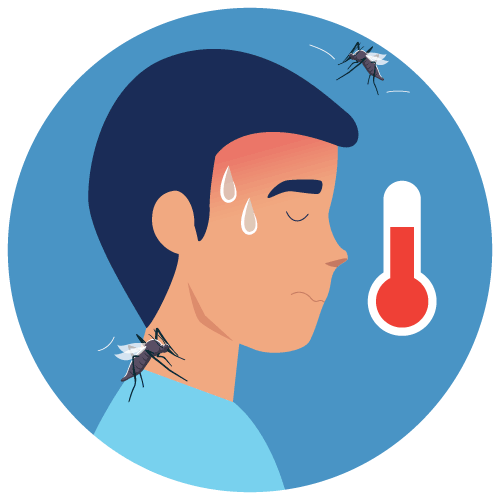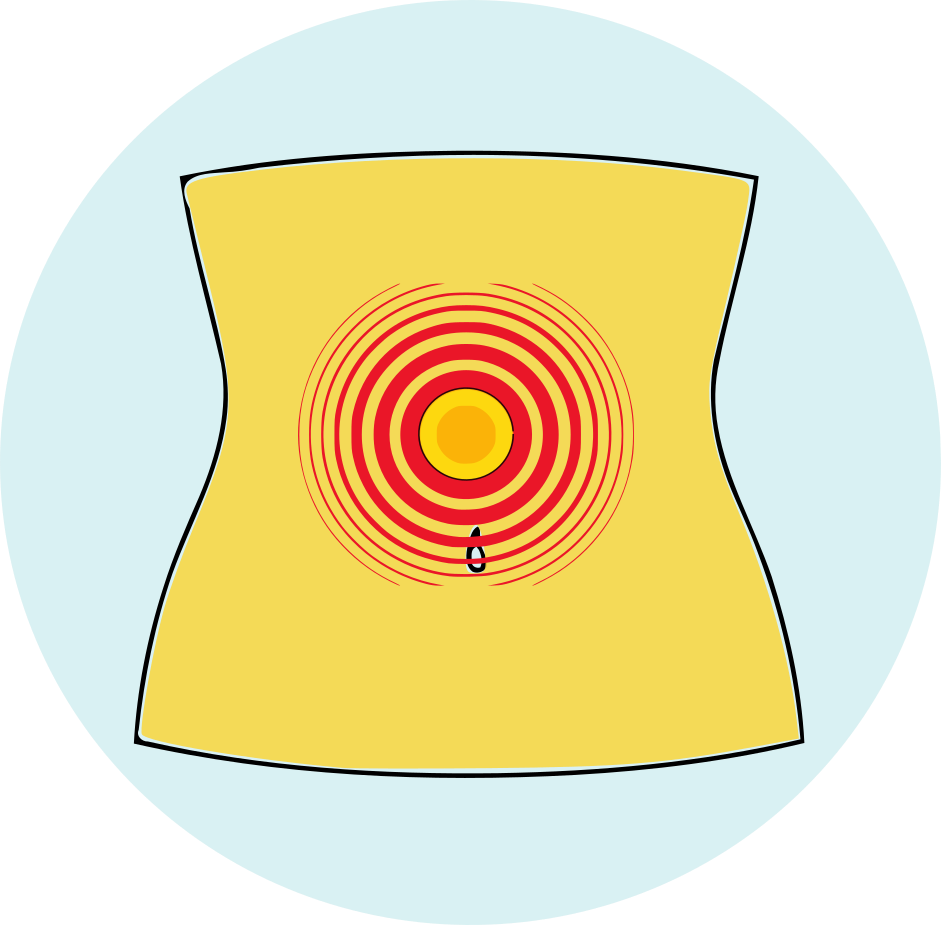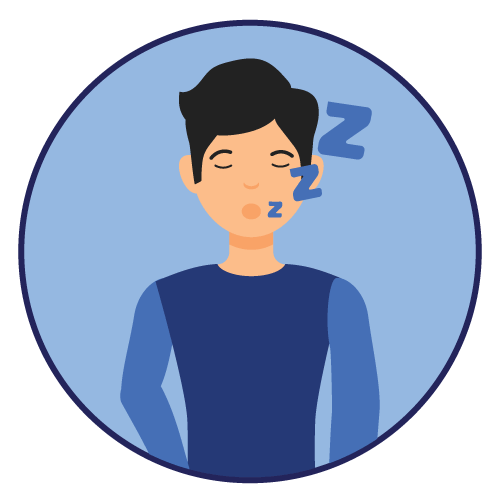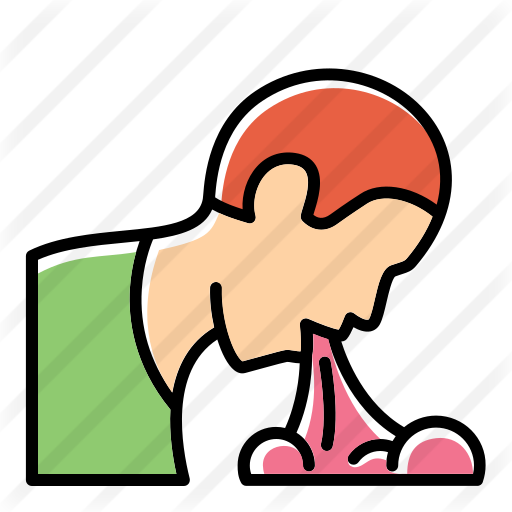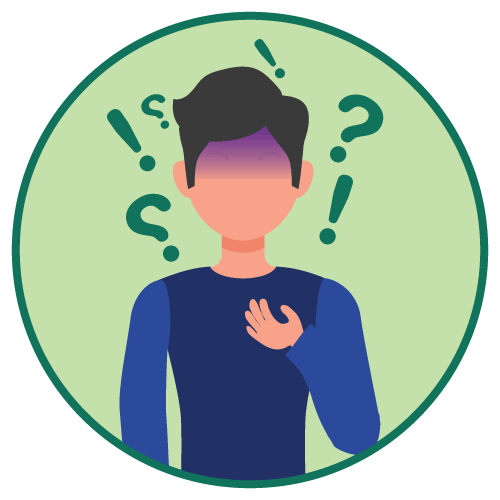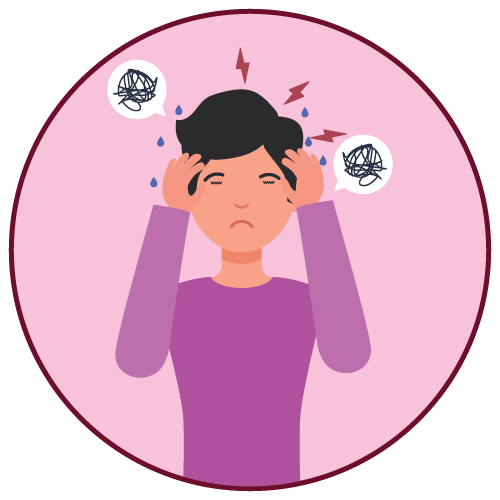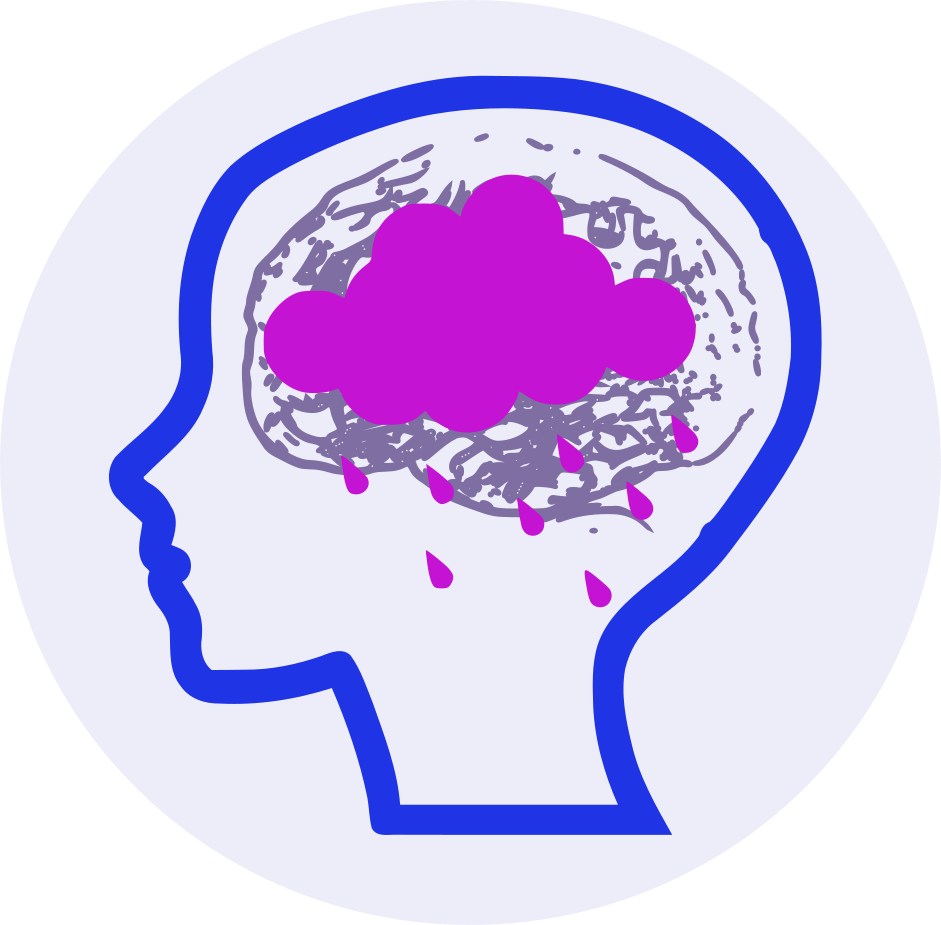| Name | Mefloquine |
| Classes |
Antiinfective Agent Antimalarial Agent Quinolone |
| Diseases |
Infectious Disease Malaria |
Mefloquine
Mefloquine is an antimalarial agent which acts as a blood schizonticide. Its exact mechanism of action is not known.
Mefloquine is indicated for the treatment of the following conditions-
- Treatment of Acute Malaria Infections
Mefloquine Hydrochloride Tablets USP are indicated for the treatment of mild to moderate acute malaria caused by mefloquine-susceptible strains of P. falciparum (both chloroquine-susceptible and resistant strains) or by Plasmodium vivax. - Prevention of Malaria
Mefloquine Hydrochloride Tablets USP are indicated for the prophylaxis of P. falciparum and P. vivax malaria infections, including prophylaxis of chloroquine-resistant strains of P. falciparum.
- Treatment of mild to moderate malaria in adults caused by mefloquine-susceptible strains of
P. falciparum or by P. vivax: Five tablets (1250 mg) mefloquine hydrochloride to be given as a single oral dose. The drug should not be taken on an empty stomach and should be administered with at least 8 oz (240 mL) of water. - Mefloquine should not be used for retreatment if a full treatment course with mefloquine does not result in improvement within 48 to 72 hours. A different type of therapy should be used.
The most frequently reported adverse reactions are
- nausea
- vomiting
- diarrhea
- abdominal pain
- dizziness
- loss of balance
- headache
- somnolence
- insomnia
- abnormal dreams
- Mefloquine can cause neuropsychiatric side effects that can last even after the drug is stopped.
- In patients with significant psychiatric illnesses, mefloquine should not be administered for prophylaxis. If psychiatric or neurologic problems develop during prophylactic usage, the drug should be stopped and replaced with another prescription.
- Patients should be treated with an intravenous antimalarial medication if they have a life-threatening, serious, or overwhelming malaria infection caused by P. falciparum. Mefloquine may be given to complete the course of therapy after the intravenous treatment is completed.
- Because of the danger of a possibly fatal prolongation of the QTc interval, halofantrine should not be given with mefloquine or within 15 weeks after the last dosage of mefloquine.
- Due to the danger of a possibly fatal prolongation of the QTc interval, ketoconazole should not be given with mefloquine or within 15 weeks of the last dosage of mefloquine. Following coadministration, ketoconazole raises plasma concentrations and the elimination half-life of mefloquine.
- In patients with impaired liver function the elimination of mefloquine may be prolonged, leading to higher plasma levels and a higher risk of adverse reactions.
- It has been reported that dizziness or vertigo, tinnitus and hearing impairment, and loss of balance may continue for months or years after discontinuation of the drug and may be permanent in some cases.
Contraindication
Use of mefloquine hydrochloride tablets is contraindicated in patients with a known hypersensitivity to mefloquine or related compounds such as-
- Quinine Sulphate
- Quinidine
None known.
Contraindicated in patients with-
- Anxiety
- Depression
- Schizophrenia
- Convulsions
- Psychosis & other mental disorders
 Bangla
Bangla English
English